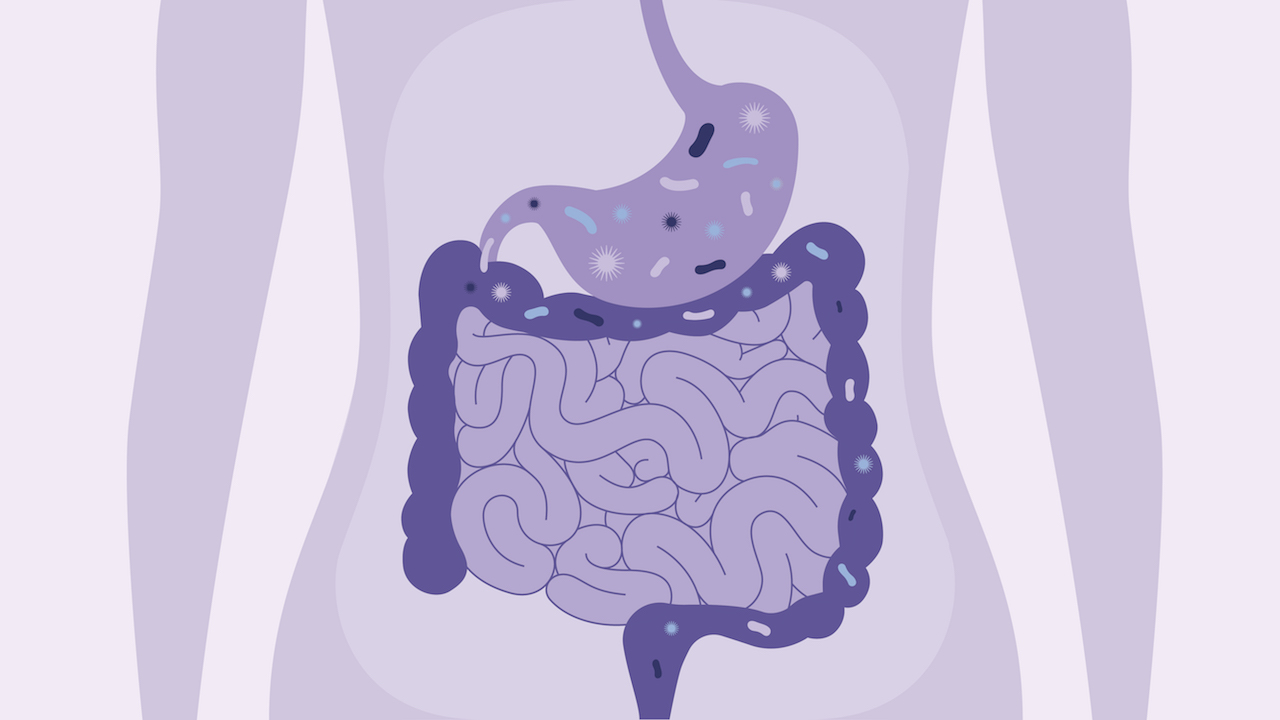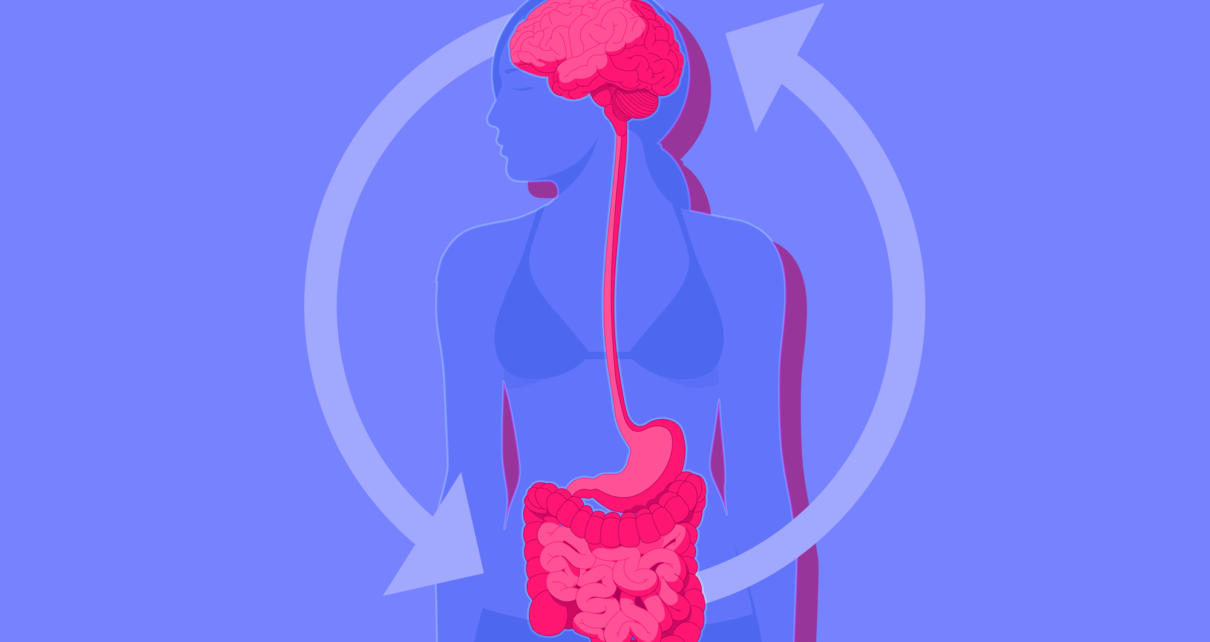Stress can be a silent enemy, chipping away at our well-being in ways we often overlook. One area it strikes with a surprising impact is our gastrointestinal (GI) health. In partnership with leading gastroenterologists, we delve into the mechanics of stress and how it influences issues like Concord celiac disease. With this knowledge, we can arm ourselves with strategies to protect our GI health, even in the face of adversity.
How Stress Affects our GI System
When we’re stressed, our body goes into “fight or flight” mode. This reaction can disrupt our GI system leading to discomfort, even pain. It’s like a garden hose – if you step on it, water can’t flow properly. Stress does the same to your GI system.
The Connection Between Stress and GI Disorders
While stress doesn’t cause GI disorders, it can certainly exacerbate them. Conditions like irritable bowel syndrome (IBS) and inflammatory bowel disease (IBD) can flare up under stress. Over time, chronic stress can contribute to the development of more serious gastrointestinal problems, including gastroesophageal reflux disease (GERD) and stomach ulcers.

Comparing Stress Levels and GI Symptoms
Let’s consider a simple comparison. The table below shows the correlation between stress levels and symptoms in some common GI conditions:
| GI Condition | Low Stress | Moderate Stress | High Stress |
|---|---|---|---|
| IBS | Mild Symptoms | Moderate Symptoms | Severe Symptoms |
| GERD | Minimal Symptoms | Noticeable Symptoms | Severe Symptoms |
| Concord Celiac Disease | Managed Symptoms | Increased Symptoms | Severe Symptoms |
Strategies to Protect Our GI Health
It’s clear stress can be detrimental to our GI health. So, what can we do? First, recognize stressors and find ways to reduce their impact. Regular exercise, a balanced diet, adequate sleep, and relaxation techniques can help. Professional help from a psychologist, psychiatrist, or counselor can also be beneficial.
Second, we need proper medical care. Regular check-ups, following medical advice, and timely treatments are crucial. We can’t ignore or downplay symptoms.
Conclusion
Stress takes a toll on our GI health, but we’re not helpless. By understanding the connection and armed with effective strategies, we can combat its effects. Remember, health is wealth. Let’s invest in ours.





